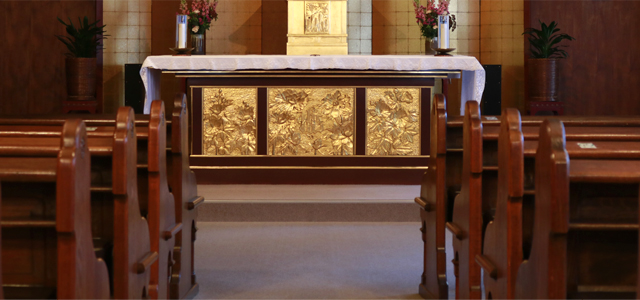
Catholic Q&A
I heard there are different groups within the Catholic Church, such as Franciscans, Dominicans, and so on. How do they differ from each other?
This too is a query I often received, but there is some misunderstanding here. The Franciscans, Dominicans, Jesuits, Carmelites, and so on are so-called “religious congregations,” and they are not different denominations. A congregation is a totally voluntary association of people, who have come together to live the Christian life in a particular way. Although the purpose and character of a congregation may differ according to the charisma of its founder, yet all congregations are affiliated to the Catholic Church, they accept the Pope as their supreme leader, they follow the rules and regulations issued by his authority, and observe the liturgy and customs that are common to the Catholic Church. In the Catholic Church of Japan there are about 50 religious congregations for men and 90 for women, and they are active in a variety of fields.
Religious congregations originally commenced around the 3rd century, via the lives of hermits who had retreated to the deserts on the riverside of the Nile in Egypt, to lead lives of prayer and serenity. Their ideal was to realize the spirit of the Gospel in its purest form. They led community lives under the guidance of esteemed leaders, they intensified their faith and spirituality by caring for each other, and from these groups religious congregations slowly emerged. Such congregations first spread to the Christian world in the East, but in the West the Benedictine congregation of the 6th century is the oldest. These ascetics led a self-sufficient and communal life of agriculture and pasturage, while seeking a path of total obedience to Christ.
The lives of these ascetics served as spiritual pillars for the medieval societies of Europe, which were in a state of chaos. Since then, in response to the demands of each era, congregations with varied objectives and ways of life were born, a situation that continues to this very day. In accordance with the purpose for which they were founded, some congregations are dedicated to prayer, while others are involved in missionary work, education, and welfare projects. What they have in common is the fact that they all seek to follow Christ totally, in the way they believe they have been called upon to do so by God.
